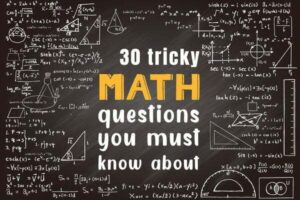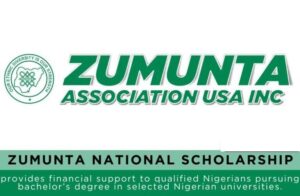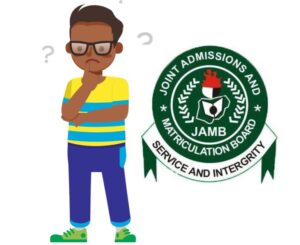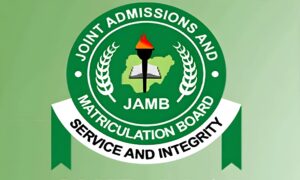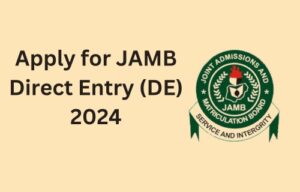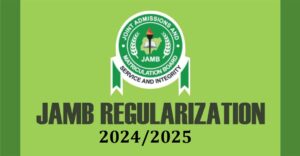Study for any Exam: Expert Tips To Ace Your Papers.

Introduction
Study for any Exam: Studying for exams is a universal experience that can induce a mix of excitement and anxiety in students. Whether you’re preparing for a high school test, college finals, professional certifications, or any other examination, effective preparation is key to success. In this blog post, we’ll explore essential tips and strategies to help you study smarter, not harder, regardless of the type of exam you’re facing.
Understanding Your Exam
- Knowing the format, structure, and content of your exam is crucial for effective preparation. Whether you’re dealing with multiple choice questions, essays, practical assessments, or a combination of these, tailoring your study approach to match the exam’s requirements is essential.
Creating a Study Plan
- Planning and organization are the cornerstones of successful exam preparation. By creating a personalized study schedule that balances time for each subject or topic, you can ensure comprehensive coverage and avoid last-minute cramming.
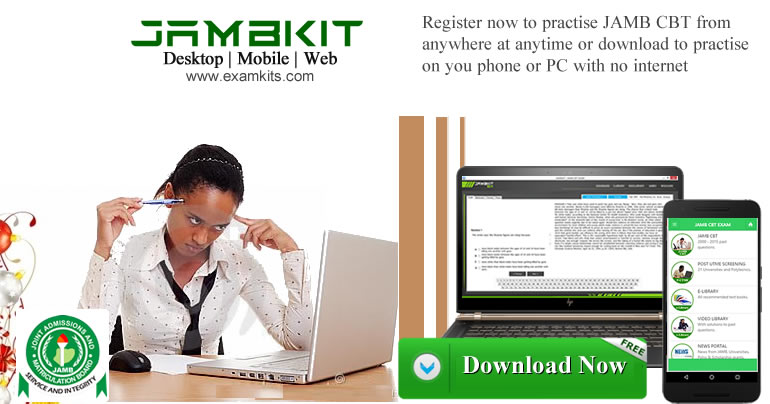
Start practicing for the forthcoming JAMB CBT exam with JAMBKIT, which contains Jamb 2000 to 2023 past questions, Post UTME past questions from 21 universities and polytechnics, Video solution to all Jamb questions, Brochure and Syllabus, E-library, Games and Much more
Active Learning Techniques
- Active learning, as opposed to passive learning, involves engaging with the material through techniques like summarizing, teaching the content to someone else, using flashcards, and creating mind maps. These methods can enhance retention and understanding.
Effective Note-Taking
- Good note-taking is a skill that can benefit you during classes and self-study sessions. Organized and efficient note-taking techniques can help you review and revise effectively.
Utilizing Resources
- Textbooks, lecture notes, online resources, and additional materials serve as valuable assets in your exam preparation. Knowing how to find and use reputable sources can enhance your understanding of the subject matter.
Practice with Past Papers and Mock Exams
- Practicing with previous exam papers and taking mock exams can familiarize you with the exam format and question types. Simulating exam conditions during practice sessions can improve your performance on the actual exam day.
Healthy Study Habits
- Taking regular breaks, getting enough sleep, and incorporating physical exercise into your routine are essential components of maintaining mental and physical well-being during exam preparation. Remember, a healthy mind and body are essential for effective studying.
Utilizing Study Groups
- Study groups can be both beneficial and challenging. While they offer the opportunity for collaborative learning, it’s important to ensure that group study sessions remain focused and productive.
Review and Revision Techniques
- Regular review of the material and effective revision techniques, such as self-testing, can reinforce your understanding and retention of key concepts. Revise a consistent part of your study routine.
Managing Exam Stress
- It’s common to experience exam stress, but learning how to acknowledge and manage it is essential for maintaining focus and performing well. Techniques like deep breathing, visualization, and positive self-talk can help alleviate stress.
Conclusion
In conclusion, effective exam preparation requires a combination of strategic planning, active learning, resource utilization, and healthy study habits. By incorporating the tips and techniques mentioned in this blog post into your study routine, you can enhance your chances of success in any exam. Remember, consistency and dedication are key to achieving your academic goals. Good luck!
RECOMMENDED: How Exam Stress Affects Students
